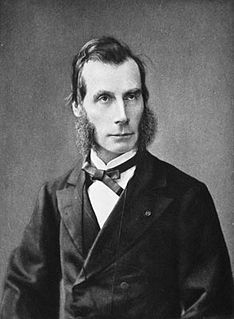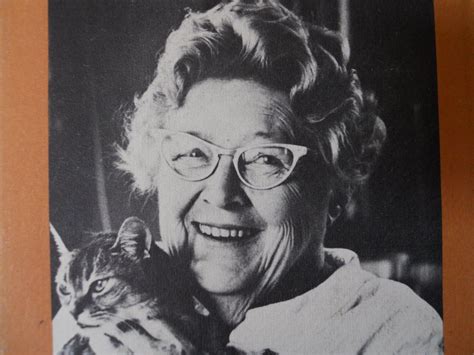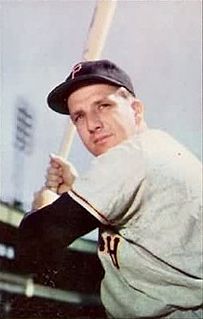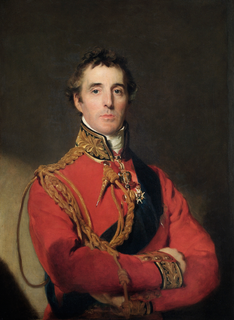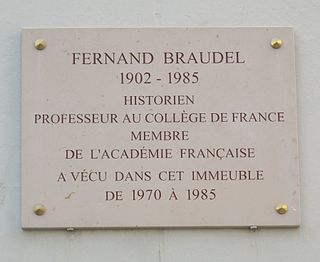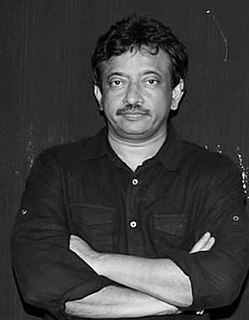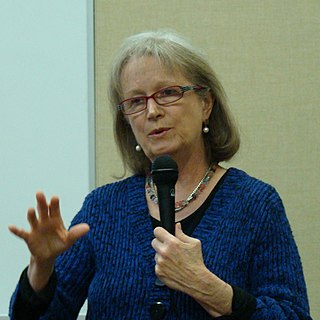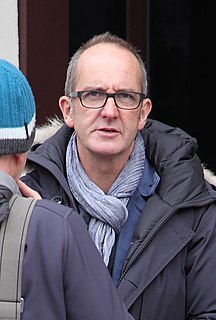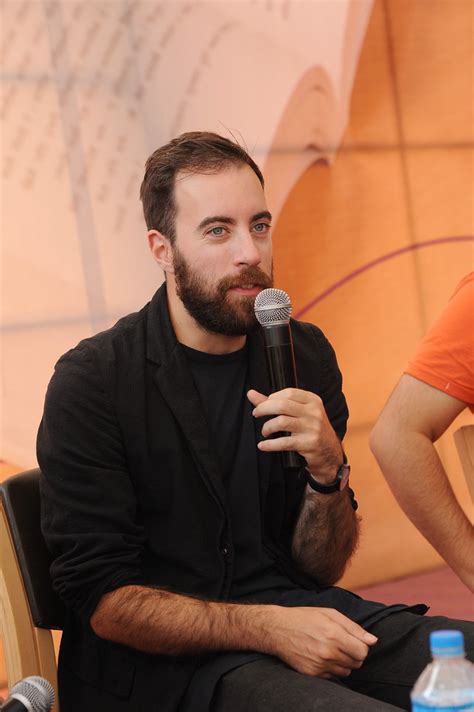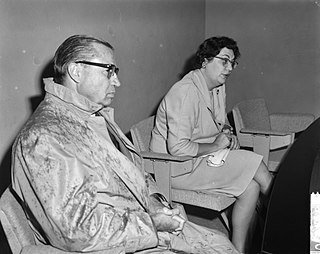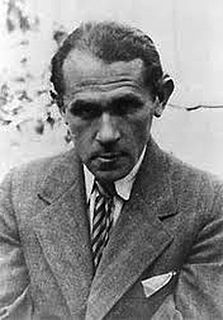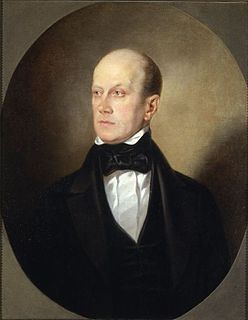Top 1200 Events In History Quotes & Sayings - Page 2
Explore popular Events In History quotes.
Last updated on November 23, 2024.
The question I'm always asking myself is: are we masters or victims? Do we make history, or does history make us? Do we shape the world, or are we just shaped by it? The question of do we have agency in our lives or whether we are just passive victims of events is, I think, a great question, and one that I have always tried to ask.
I've been searching for a genre that would be most adequate to my vision of the world to convey how my ear hears and my eyes see life. I tried this and that, and finally, I chose a genre where human voices speak for themselves. But I don't just record a dry history of events and facts; I'm writing a history of human feelings.
[Judge and Jury] is outstanding. I have
learned more about the history of
baseball, true history, than from
anything I have ever read or heard
about. [It's] research and documentation
clarifies so many of the personalities
and events that took place before 'my
time' in the game. Jacques Barzun's
quote: 'Whoever would know the heart
and mind of America had better learn
baseball' should be supplanted by [this]
biography of Landis.
I don't even know in American educational history classes how much of D-Day, World War II, all of that is taught versus how much of it is just ignored or looked back on with mockery or insincerity or what have you. But it was one of the most crucially important events in all of human history in terms of the preservation of freedom and liberty and the notion of democracy and things associated with it.
Not all that is presented to us as history has really happened; and what really happened did not actually happen the way it is presented to us; moreover, what really happened is only a small part of all that happened. Everything in history remains uncertain, the largest events as well as the smallest occurrence.
The history of a battle, is not unlike the history of a ball. Some individuals may recollect all the little events of which the great result is the battle won or lost, but no individual can recollect the order in which, or the exact moment at which, they occurred, which makes all the difference as to their value or importance.
I've been writing American history for a long time, and I've had a hard time finding strong, interesting female characters. There are women, of course, in American history, but they're hard to write about because they don't leave much of a historical trace, and they're not usually involved in high-profile public events.
Moreover, it is so important that people have the opportunity to share their stories and have them documented. There have been large-scale oral history projects after many events, from September 11th to Hurricane Katrina. Many oral history projects are much more confined, but equally valuable. We can learn about different working conditions, living conditions, trauma experiences and much more through oral history.
Events are the ephemera of history; they pass across its stage like fireflies, hardly glimpsed before they settle back into darkness and as often as not into oblivion. Every event, however brief, has to be sure a contribution to make, lights up some dark corner or even some wide vista of history. Nor is it only political history which benefits most, for every historical landscape - political, economic, social, even geographical - is illumined by the intermittent flare of the event.
What is memory but the repository of things doomed to be forgotten, so you must have History. You must have labor to invent History. Being faithful to all that happens to you of significance, recording days, dates, events, names, sights not relying merely upon memory which fades like a Polaroid print where you see the memory fading before your eyes like time itself retreating.
Most romances aren't swept aside by big historical events. Most romances in the history of the world fall apart because of other, smaller happenings. History can sometimes be in the background, the thing which instead of rupturing your life merely irritates you by pressing itself now and then into the foreground.
I have always wanted to make a series of films which would be like an 'emotional history' that conveys what it feels like to live through history as an experience rather than a grand story. It would be about the relationship between the tiny fragments and moments of personal experience, and the continual backdrop of big events.


